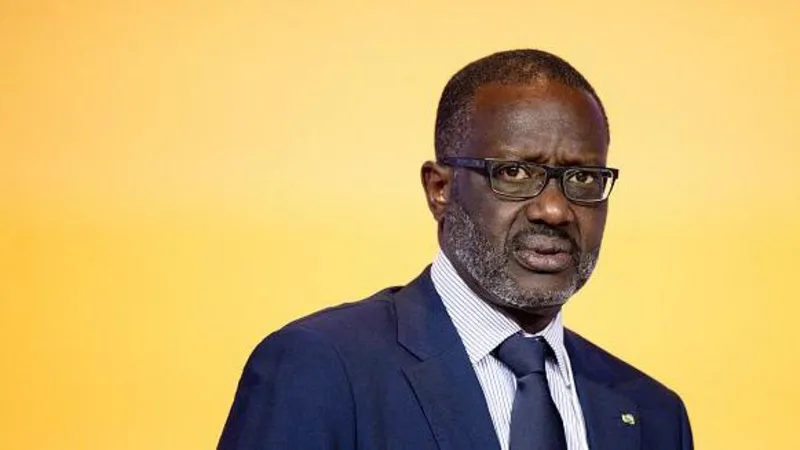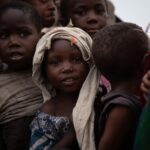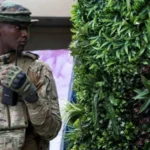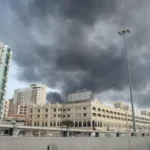The political landscape in Ivory Coast has once again been thrust into turmoil with the recent removal of the main opposition leader, Laurent Gbagbo, from the national electoral list. This dramatic turn of events has raised questions about the electoral process, the implications for democracy in the country, and the potential ramifications for the upcoming elections scheduled for late 2025.
Laurent Gbagbo, a prominent figure in Ivorian politics and a former president, has had a tumultuous relationship with the nation’s political arena since being ousted from power in 2011 following a brief civil war. He was acquitted by the International Criminal Court (ICC) of crimes against humanity charges in 2021, paving the way for his return to the political scene. The recent decision to exclude Gbagbo was announced by the National Authority for Elections (ANE) and cited “non-compliance with legal criteria” as the reason for his removal.
The justification for Gbagbo’s exclusion has been met with skepticism by various political commentators, civil society organizations, and Gbagbo’s supporters. Critics argue that this move is a strategic maneuver by the current government, led by President Alassane Ouattara, to undermine opposition strength and maintain control over the electoral process. The conditions for candidacy in Ivory Coast have been contentious, and many view the restrictions as a means to curtail democratic participation.
Evidence of this alleged manipulation appears in the broader context of Ivory Coast’s political history. Gbagbo’s removal is not an isolated incident; similar tactics have been observed in past elections, where the government has been accused of disenfranchising opponents by enforcing restrictive eligibility criteria. The 2020 presidential elections were marked by violence, protests, and accusations of an unfair electoral process, which resulted in the opposition boycotting the elections in protest of what they viewed as a rigged system.
Civil society has voiced concerns regarding the implications of Gbagbo’s exclusion for the future of democracy in Ivory Coast. The African Union and United Nations have previously urged the Ivorian government to ensure free, fair, and inclusive elections. The removal of a key opposition figure like Gbagbo, who commands significant support among the population, undermines the credibility of the electoral process and raises alarms about potential unrest.
Moreover, Gbagbo’s party, the Ivorian Popular Front (FPI), and other opposition groups have emphasized the need for a level playing field in the electoral arena. They have called for reforms to the electoral laws, arguing that fair representation is crucial for national stability. Political observers indicate that without significant changes, the upcoming elections are likely to be fraught with tension and accusations of fraud.
Gbagbo’s supporters have vowed to appeal his exclusion from the electoral list, asserting that it constitutes a violation of democratic rights. The move has ignited protests in several urban centers, reflecting public discontent with the ruling government and its perceived authoritarian grip on power. Such unrest poses a challenge for the government, which must balance maintaining order while addressing the voices of dissent.
As Ivory Coast approaches its elections, the future of its democracy hangs in the balance. The exclusion of significant political figures like Laurent Gbagbo raises serious concerns about the inclusivity and legitimacy of the electoral process. How the government responds to these challenges in the coming months will determine not only the stability of its political framework but also the trust and faith of the Ivorian people in their democratic institutions.
In a nation still grappling with its post-civil war identity, ensuring that all political voices are heard and respected is essential for moving toward a more democratic future. As the date for the elections draws nearer, the spotlight remains on Ivory Coast, watching closely to see if history will repeat itself once again.
Email Us on editorial@nnafrica.com













